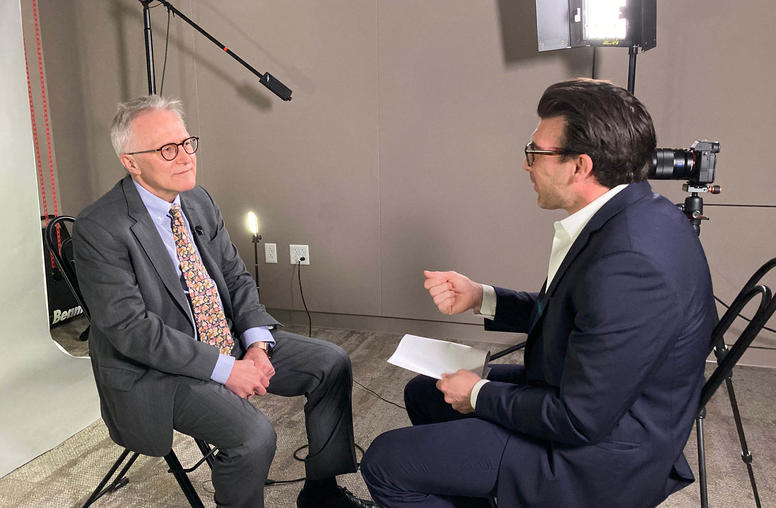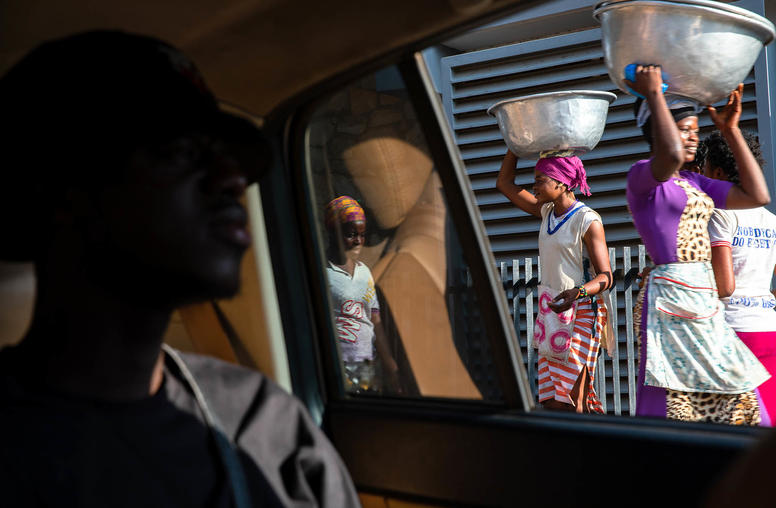What’s next for Côte d’Ivoire?
On April 29, 2011 a panel held at USIP discussed the challenges that will face Côte d'Ivoire in the aftermath of post-election violence that left 1,500 people dead and more than one million displaced. What factors must be considered in addressing the humanitarian crises and crimes against humanity? Equally important, what does the recent postelection violence tell us about the state of political development and democratization in Africa today?
Laurent Gbagbo’s refusal to acknowledge his loss to Alassane Ouattara in Côte d’Ivoire’s presidential elections last November resulted in nearly five months of postelection violence that left 1,500 people dead, more than one million displaced, and an economic crisis generated by the international financial and cocoa export sanctions placed on Gbagbo’s government. With the arrest of Gbagbo on April 11, the Ouattara administration is turning its focus to rebuilding and reconciling the country. To this end, President Ouattara has appealed to the European Union to ease sanctions and proposed the creation of a truth and reconciliation mission.
Nevertheless, the current conditions make governing a country that was already politically, ethnically, and culturally, deeply divided even more difficult. How can Côte d’Ivoire overcome the governing, humanitarian, and social challenges it now faces? More broadly, what does the postelection violence in Côte d’Ivoire tell us about the state of political and democratic development in Africa?
Speakers
- I. William Zartman, Panelist
Paul H. Nitze School of Advanced International Studies - Gina Lambright, Panelist
George Washington University - Jonathan Elliot, Panelist
Human Rights Watch - Dorina Bekoe, Moderator
U.S. Institute of Peace
Explore Further
- Countries and Regions: Côte d'Ivoire
- Long-term peace in Côte d'Ivoire after Gbagbo?
News Feature by Raymond Gilpin and Dorina Bekoe | April 11, 2011
If you are interested in this event, you may also be interested in the following Academy courses:
- Social Reconstruction and Human Security
- Governance and Democratic Practices in War to Peace Transitions
- Economic Reconstruction in Conflict-Affected States



